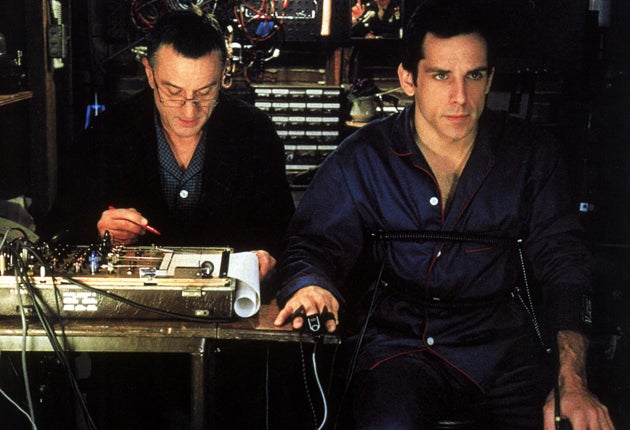How to tell if someone is lying - according to a Polygraph expert
From 'micro expressions' to getting tenses confused, there are a number of ways to tell if someone's avoiding the truth

A polygraph expert has revealed the ways you can tell if someone is lying.
Elizabeth Martin is director of Advanced Polygraph — which is Australia’s biggest polygraph agency. She previously spent 22 years working in the US police force and set up the Advanced Polygraph Corporation in Maryland, USA.
She told the Australian website news.com the classic signs to watch out for if you suspect someone is lying, with the key being that people’s “physiology” changes when they lie.
Firstly, there are “micro expressions” which change. For example breathing, the eye blink rate and facial expressions.
Secondly, there are “upper and lower body clues”; again this can mean breathing as well as the altering of feet and leg positioning and hand gestures.
Thirdly, speech differs when somebody is lying. According to Ms Martin: “The tone and pitch of your voice changes and you can get your tenses confused.”
Ms Martin claims everyone has a “baseline behaviour” which is the way we behave normally. However when lying, this baseline behaviour changes.
She says: “It’s about learning to read clusters of clues.”
Polygraphs, which Ms Martin uses in her day-to-day practice are devices used to “record the physiological changes in your body which occur when you respond to questions.”
The test produces a possibility of three results: ‘deceptive’, ‘non-deceptive’ or ‘inconclusive’.
Polygraphs are mostly used by law enforcement and intelligence agencies in the USA.
The machines are controversial in the UK and very rarely used in the British criminal justice system. In fact, they are most commonly known for exposing cheating partners on the Jeremy Kyle Show.
Join our commenting forum
Join thought-provoking conversations, follow other Independent readers and see their replies
Comments
Bookmark popover
Removed from bookmarks